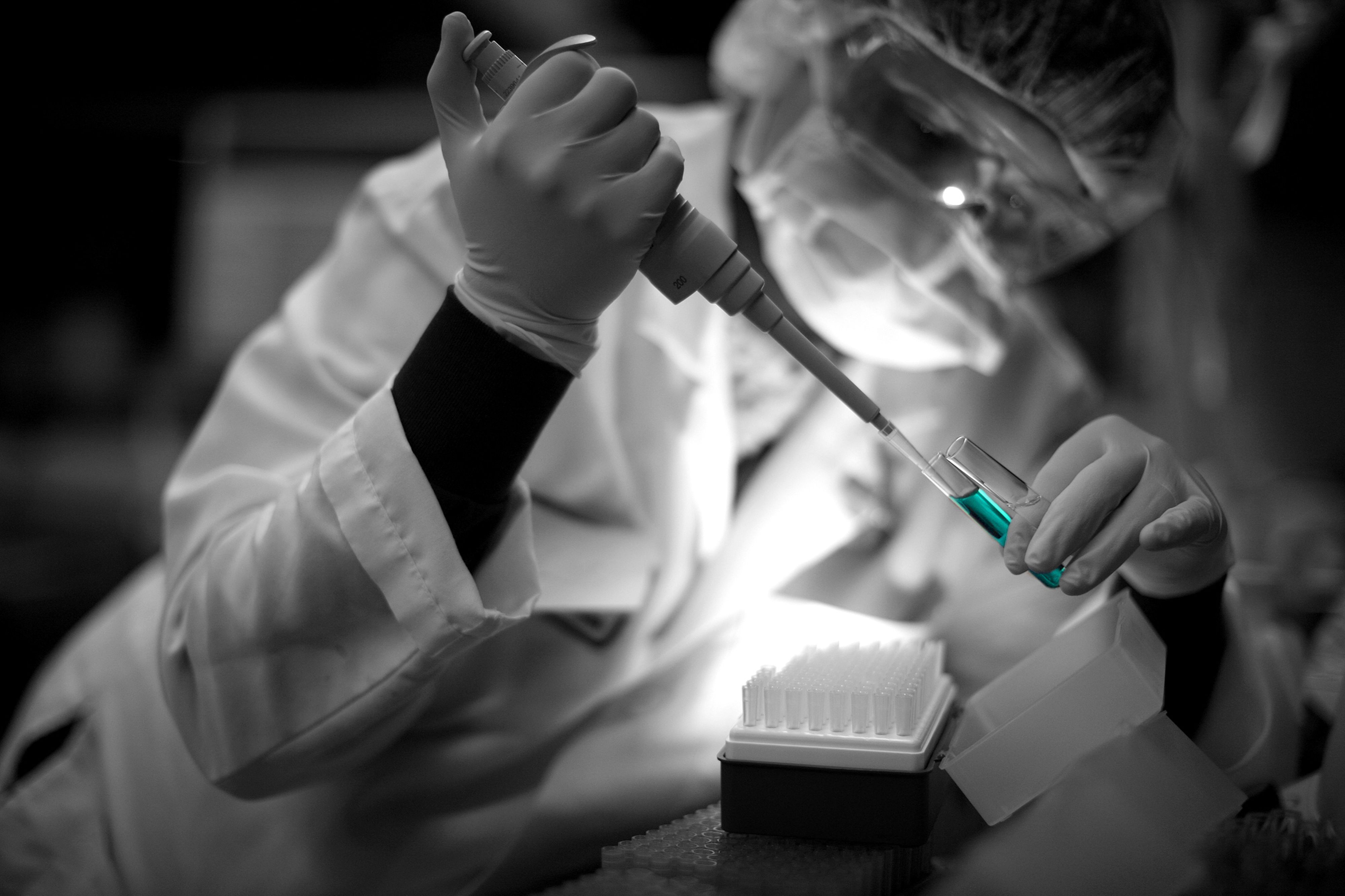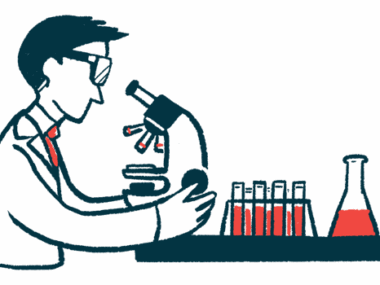Australian Research Group Aiming for Better Ways of Treating Biofilm Infections
Written by |

Scientists at the University of Queensland, Australia, are focusing their efforts on what is one of world’s leading sources of antibiotic resistance — biofilm.
Biofilms refer to the communities of bacteria and other microorganisms that adhere to surfaces in thin layers and secrete a protective coating that diminishes the effects of antibiotics. Biofilms are considered a major problem in many vulnerable patient groups, and in those with cystic fibrosis (CF), biofilms that form in the lungs are very difficult to treat.
“Biofilms are very common and it can take a long course of antibiotics to get rid of them,” Jason Roberts, professor at the University of Queensland, said in a press release. “Unfortunately, long courses often lead to antibiotic resistance, which can cause patients to die.”
“Cystic fibrosis patients for instance are very hard to treat because of these difficult-to-eliminate biofilms that form in their lungs,” Roberts added. “Patients in intensive care units can have biofilms form on the tubes that are in their lungs, on IV [intravenous] lines or on urinary catheters.”
Roberts leads the university’s Centre of Research Excellence (CRE) in Redefining Antimicrobial Use to Reduce Resistance, where scientists are aiming to change antibiotic use and overcome antibiotic resistance.
“Our researchers are the leading generators of knowledge of antibiotic dosing for severely ill patients in the world, and an important focus is to develop better dosing strategies to combat biofilms,” Roberts said. “We believe if we can get in early enough and quickly enough with the right dose of antibiotics we could prevent these biofilms forming.
They are currently evaluating if higher doses of antibiotics could be more effective than those now in use.
“We believe that standard doses can allow bacteria to regrow in some cases and it may well be that higher doses are more effective for biofilms as well,” said Roberts.
He is among the leading researchers in antibiotics taking part today in the CRE-REDUCE Symposium in Brisbane, Australia, to discuss new approaches to fighting biofilms.
Speakers include Jeffrey Lipman, professor and director of Intensive Care Services at RBWH, and Mark Shembri, professor and NHMRC senior research fellow in the University of Queensland.
The symposium coincides with a World Health Organization’s (WHO) initiative known as Antibiotic Awareness Week 2016.






